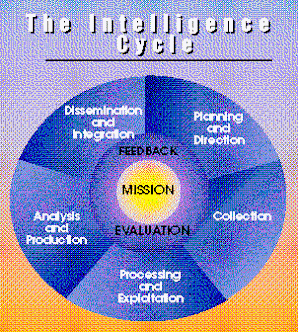Beyond the fusion center: Intelligence-led policing’s central, strategic role
Becoming an Intelligence-led policing organization, or ILP, is a complicated and arduous task, yet many police executives still believe just building a fusion center makes them “intelligence-led.” In fact, that’s just not enough!
Becoming an intelligence-led organization involves change from the very top to the very bottom of the law enforcement organization. A combination of threat assessment, information collection, and analysis -- consistently applied to command level decision-making -- is the true formula for success.
Throughout my 25-year career as a law enforcement professional and now working internationally with law enforcement agencies on their intelligence management initiatives, I have challenged police executives to understand the key elements of ILP and employ this approach systematically.
The ILP strategy was first developed in the United Kingdom and then flourished in Australia, where it has been responsible for solving significant criminal problems. Temple University Professor Dr. Jerry Radcliffe, a former UK police officer, is largely responsible for bringing the concept to the U.S.
ILP specifies that all police agencies should have some intelligence apparatus -- a centralized location where they collect information about the criminal elements in their particular jurisdictions and the problems facing citizens; where they analyze that information; and where they then identify the biggest threats to their environments.
"Opinion. Beyond the fusion center: Intelligence-led policing’s central, strategic role", Government Security News, Stephen G. Serrao, 4/10/09.


0 comments:
Post a Comment